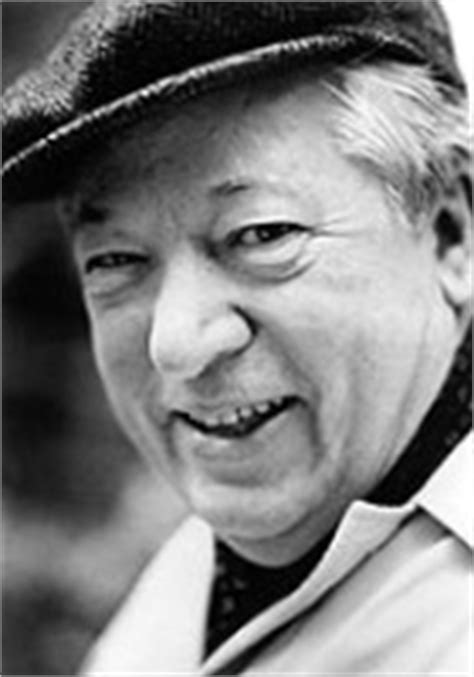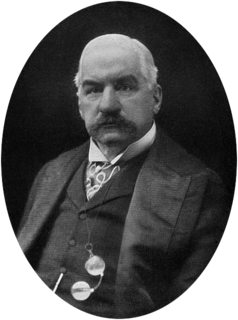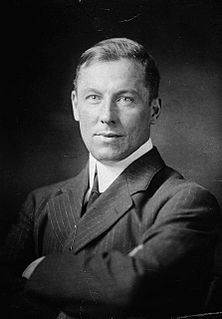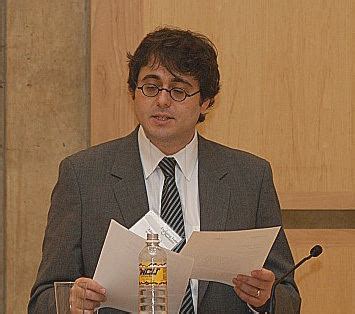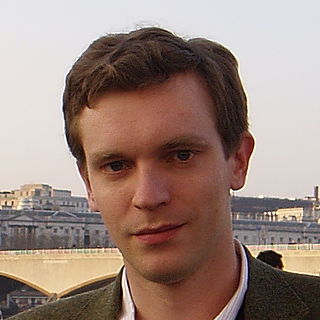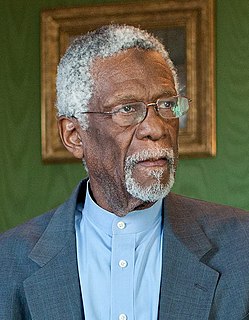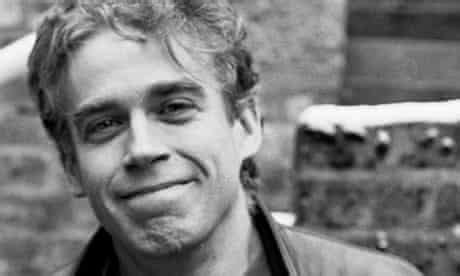A Quote by Robert A. Heinlein
A poet who reads his verse in public may have other nasty habits.
Related Quotes
Don't talk to me about appealing to the public. I am done with the public, for the present anyway. The public reads the headlines and that is all. The story itself is fair and shows the facts. That would be all right if the public read the facts. But it does not. It reads the headlines and listens to the demagogues and that's the stuff public opinion is made of.
The poet is born with the capacity of arranging words in such a way that something of the quality of the graces and inspirations he has received can make itself felt to other human beings in the white spaces, so to speak, between the lines of his verse. This is a great and precious gift; but if the poet remains content with his gift, if he persists in worshipping the beauty in art and nature without going on to make himself capable, through selflessness, of apprehending Beauty as it is in the divine Ground, then he is only an idolater.
Of little use, the man you may suppose,
Who says in verse what others say in prose;
Yet let me show a poet's of some weight,
And (though no soldier) useful to the state,
What will a child learn sooner than a song?
What better teach a foreigner the tongue?
What's long or short, each accent where to place
And speak in public with some sort of grace?
Isn't it curious how one has only to open a book of verse to realise immediately that it was written by a very fine poet, or else that it was written by someone who is not a poet at all. In the case of the former, the lines, the images, though they are inherent in each other, leap up and give one this shock of delight. In the case of the latter, they lie flat on the page, never having lived.
The first thing that strikes you about Timothy Murphys verse is the palpable texture of his line - that sound of sense practised by that other American poet-farmer, Robert Frost. And just as Murphys ear is trained on the rhythms of local speech and classical epigram, his eye holds fast on the image. This is an undeluded vision, sometimes bleak, often funny, and never less than painstakingly crafted.
The modern poet has no essential alliance with regular schemes of any sorts.He reserves the right to adapt his rhythm to his mood, to modulate his metre as he progresses. Far from seeking freedom and irresponsibility (implied by the unfortunate term free verse) he seeks a stricter discipline of exact concord of thought and feeling.

